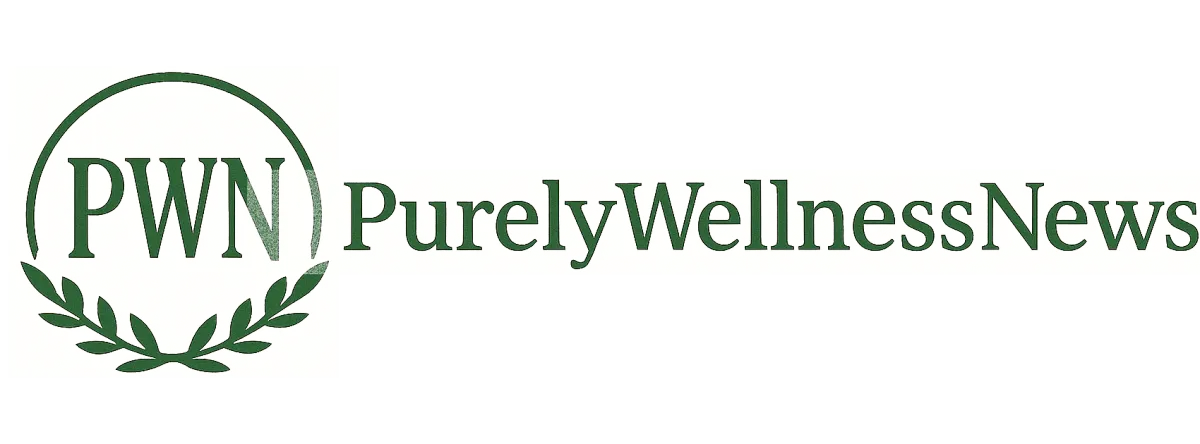
PWN Trending Aug 16 2025
Trending Treatments for Memory Loss: What Works Now—and What’s Next (2025)
Memory loss has many causes—from stress, depression, sleep disorders, and medication effects to neurodegenerative diseases like Alzheimer’s. The treatment landscape is changing fast. Below is a clear look at what’s newly approved, what’s gaining strong evidence, and where research is headed—plus practical steps you can act on now.
1) Disease-Modifying Alzheimer’s Therapies (for Early Stages)
Two anti-amyloid monoclonal antibodies now have full FDA approval for early symptomatic Alzheimer’s (MCI or mild dementia) with confirmed brain amyloid:
Lecanemab (Leqembi) — converted from accelerated to traditional approval after its confirmatory trial verified clinical benefit. Coverage expanded under Medicare with a clinician registry. U.S. Food and Drug AdministrationCenters for Medicare & Medicaid Services
Donanemab (Kisunla) — approved July 2, 2024 for early symptomatic Alzheimer’s; IV infusion every four weeks. U.S. Food and Drug Administration+1Alzheimer’s Association
What to know: These drugs modestly slow clinical decline in the right patients, require IV infusions and MRI monitoring, and carry risks (e.g., ARIA—brain swelling/bleeding). They’re not for non-Alzheimer’s memory loss and must follow biomarker confirmation (amyloid PET or CSF/blood tests, per your clinician).
2) Sensory & Sleep Interventions with Real-World Impact
Hearing Correction (ACHIEVE Trial)
In older adults at high risk of cognitive decline, hearing aids reduced the rate of decline by ~50% over 3 years—a low-risk, scalable intervention. (Benefit wasn’t seen in low-risk groups.) National Institutes of Health (NIH)National Institute on AgingNIHR Evidence
Treating Sleep Apnea (CPAP)
Obstructive sleep apnea worsens attention, memory, and executive function. Trials in older adults with MCI+OSA show cognitive improvements with CPAP adherence within months to a year. PMC+1
Bottom line: Test hearing and screen for sleep apnea early; interventions are safe and can meaningfully support cognition.
3) Lifestyle: Multidomain Programs Move From Theory to Practice
Large U.S. randomized studies (2025) show that structured programs combining aerobic + resistance exercise, Mediterranean/MIND-style diet, cognitive training, social engagement, and vascular risk control produce significant gains in cognitive performance over two years—outperforming minimal-support education. AP NewsThe Washington Post
On diet alone, the first large RCT of the MIND diet found short-term cognitive benefits, though primary endpoints were mixed—suggesting diet is most effective as part of a combined plan. New England Journal of MedicineRush University System for Health
Action checklist you can start today:
150+ min/week moderate exercise + 2x/week resistance work
MIND/Mediterranean eating (leafy greens, berries, whole grains, fish, olive oil, nuts)
Cognitive training (structured tasks, new learning) + social activity
Manage vascular risks (BP, cholesterol, blood sugar, weight, smoking cessation)
4) Biomarkers & Earlier Detection
Blood tests (e.g., phosphorylated tau panels) are moving toward wider clinical use to screen for Alzheimer’s pathology and guide referral for imaging/counseling on disease-modifying therapy eligibility. (Ask your clinician; availability and interpretation are evolving in 2025.)
5) On the Horizon
Next-gen anti-amyloid & anti-tau agents (subcutaneous/less frequent dosing) aim to improve safety and convenience.
Digital therapeutics (app-based cognitive training) are being tested as adjuncts to medical care.
Non-invasive neuromodulation (e.g., tDCS/TMS) remains experimental for memory—watch this space.
6) Choosing the Right Path: A Quick Guide

Medical note: Treatments have risks and aren’t one-size-fits-all. Work with a clinician familiar with cognitive disorders to personalize your plan.
References & Further Reading
FDA approvals: Donanemab (Kisunla) approval & details; Lecanemab (Leqembi) traditional approval and Medicare coverage. U.S. Food and Drug Administration+2U.S. Food and Drug Administration+2Alzheimer’s AssociationCenters for Medicare & Medicaid Services
Hearing & cognition: NIH/NIA summaries and evidence reviews. National Institutes of Health (NIH)National Institute on AgingNIHR Evidence
Sleep apnea & cognition: RCTs and reviews on CPAP benefits in MCI/OSA. PMC+1
Lifestyle trials (U.S., 2025): Reports on multidomain interventions improving cognition. AP NewsThe Washington Post
MIND diet RCT: NEJM trial and institutional summary. New England Journal of MedicineRush University System for Healt









